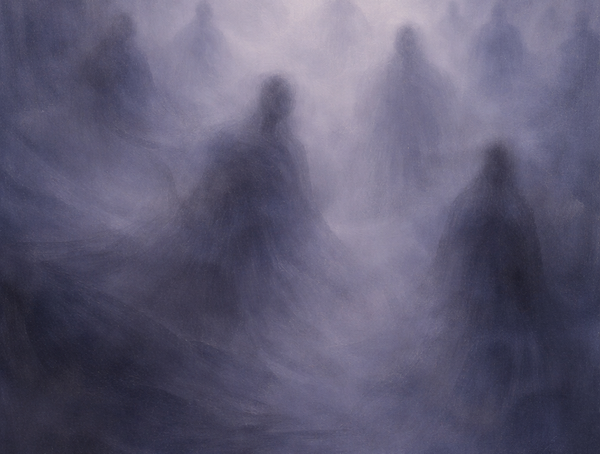Steve Jobs vs. Tim Cook: The Grandeur of Vision vs. the Tightness of Shareholders
Jobs was not simply a CEO. He was a cultural genius.

Jobs was not simply a CEO. He was a cultural genius.


Apple today remains one of the most admired brands in the world. Its devices are sleek, its products finely engineered, its revenues astronomical. Yet behind the polished surface lies a profound shift of spirit, one that can be traced in the contrast between Steve Jobs and Tim Cook.
Jobs was not simply a CEO. He was a cultural genius. His thinking was vision — a perception that wove technology, art, and philosophy into coherent form. He absorbed influences from Zen, calligraphy, counterculture, and the garage-alchemy of early Silicon Valley, when invention still carried the breath of freedom. His aim was not optimization but expression: to show that machines could become extensions of human imagination, even works of beauty, but where the human still had its place.
That is why Apple under Jobs felt alive. The devices radiated more than engineering. They carried an aesthetic impulse that altered how society related to technology; it aimed at serving human practicality, while reflecting invention. Jobs’ creativity revealed that cultural vision could transform the world of production — and in doing so, he placed technology in the service of something larger than profit.
Cook, by contrast, embodies another archetype. He is the manager, the caretaker of capital, the optimizer of supply chains. Under his tenure Apple has grown richer than any dream, but the spirit has drained. The company’s form remains beautiful, but its inner life is tightened into the logic of shareholder value. What once breathed as cultural invention now serves as a mechanism for revenue extraction.
The dishonesty lies here: Apple still speaks the language of artistry, yet its true allegiance is no longer to culture but to capital. The weasel replaces the genius, not because Cook is personally without skill, but because his orientation is that of finance, not vision. He maintains the mask of beauty, but the soul of creativity is displaced into the service of optimization.
This is not merely a story of two men. It is a parable of our time: the grandeur of cultural vision shackled to the tightness of shareholder control. In Jobs we glimpse what could be — a free cultural sphere, nourished but not enslaved by capital. In Cook we see what is — a society where the genius of creativity is captured and monetized until it loses its breath.
The question is not only what became of Apple. It is what becomes of us, if vision continues to be bound by the weasel logic of shareholder rule.








